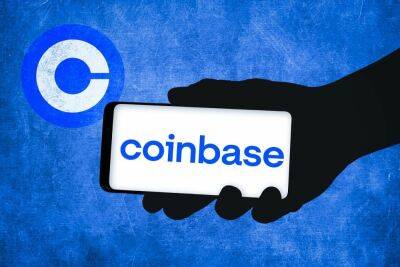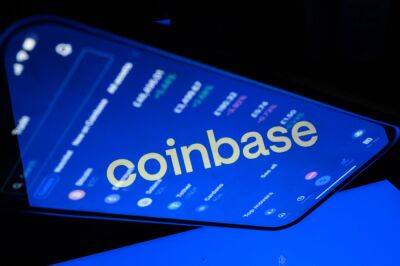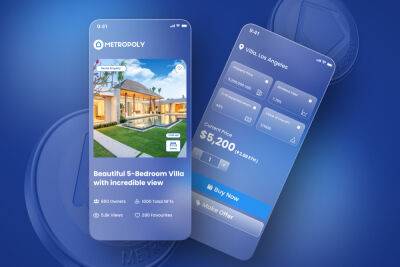My family came to the US to start a new life. An obscure credit score held us back
tMy family’s first home in the US was a two-bedroom suite at the Budget Inn La Puente in Los Angeles’ Walnut Valley. Every morning, my three siblings and I would jump on the sickly green bedspreads, chug Tropicana from the mini fridge and dash out the door. We’d play in the hallway or scamper out to the sun-baked sidewalks to marvel at the passing American cars. When police sirens blared down Francisquito Avenue, mom and dad would run outside, frantically waving us back in.
My parents had little choice but to stay at this motel because it was at a walking distance from our church, a largely Thai congregation for which my dad had moved from Malaysia to help run. We depended on the church for rides to the bank, advice on which car dealerships sold to immigrants and so much more.
That’s because my parents couldn’t open a bank account, buy a cell phone, buy a van or rent an apartment without great difficulty. It wasn’t due to a lack of funds. Although my dad’s vocation was as a pastor, during the daytime he worked as an engineer. The Los Angeles firm that hired him sponsored his H-1B visa, gave him benefits and paid him decently. My parents both spoke fluent English, held bachelor degrees from the UK and Australia and arrived on US soil with $20,000.
But these advantages amounted to little because their Fair Isaac Corporation (Fico) credit score was a big, fat zero.
A Fico score is your financial report card, and a prerequisite for any financial future in the US – from renting an apartment to buying a car or starting a bank account. Your Fico score, calculated by credit agencies and regulated by the US government, tells lenders if you can be reliably trusted to pay your bills. New immigrants must navigate a convoluted path to
Read more on theguardian.com













![Bitcoin [BTC]: With this new milestone, a new bull cycle remains in doubt](https://finance-news.co/storage/thumbs_400/img/2023/2/28/57608_dbls7.jpg)







